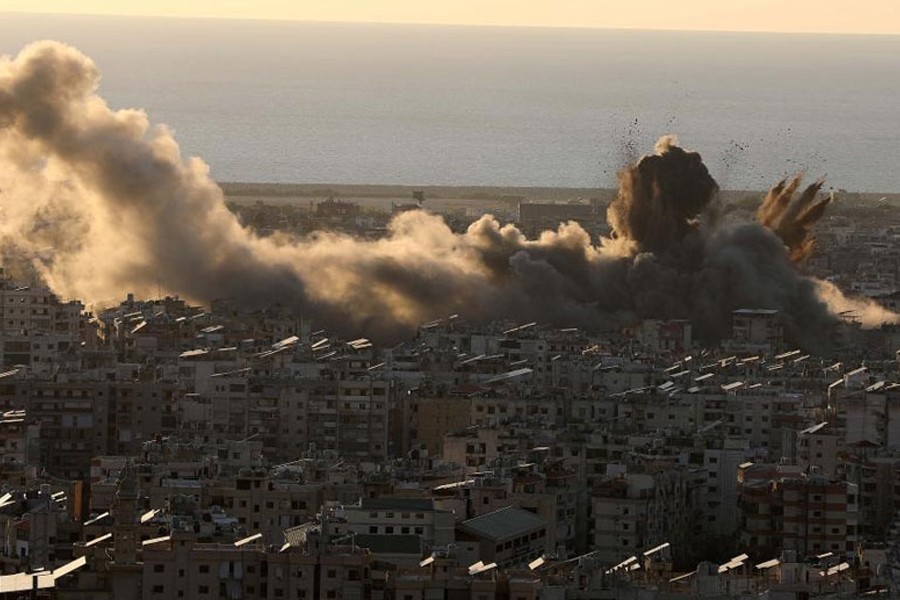Lulldapull
Senior Member
- Messages
- 5,886
- Reaction score
- 3,669
- Origin

- Residence

- Axis Group

did I post this earlier ?
Shakal aesi k abhi iss nay oontth choda hae.......
Saalay dono camel jaaky hain.......arbi/ yahuday
Follow along with the video below to see how to install our site as a web app on your home screen.

Note: this_feature_currently_requires_accessing_site_using_safari



did I post this earlier ?







Iran must reinvade Syria and kill the Al-Qaeda/ Daesh muzlims backed by Israel and AL-Turkiya. Reactivate other muzlim toady like Hezb and Hoosi's ASAP.
This would be a great strategic move right now to really fukk Israel up.







Sub jhoott doc........pata nahi kya bukvaas these both Irani/ hillbillay feeding us bewaquff.Exactly!
Bring the fkn war to the ground.
And then use your numbers.











If Iran shuts down dis PG, dat is Iraans nuke weapon right there no?
Iranian parliament moves to close Strait of Hormuz after US aggression
In a decisive response to the US aggression against Iran's peaceful nuclear facilities, the Iranian parliament has voted to close the strategically vital Strait of Hormuz, reports the Iranian news network Press TV. A senior Iranian lawmaker, Esmaeil Kowsari, said on Sunday that the Majlis (Ithefinancialexpress.com.bd
Iranian parliament moves to close Strait of Hormuz after US aggression
Published :
Jun 22, 2025 20:53
Updated :
Jun 22, 2025 20:54
View attachment 19136
Oil tankers pass through the Strait of Hormuz, December 21, 2018. REUTERS/Hamad I Mohammed/File Photo
In a decisive response to the US aggression against Iran's peaceful nuclear facilities, the Iranian parliament has voted to close the strategically vital Strait of Hormuz, reports the Iranian news network Press TV.
A senior Iranian lawmaker, Esmaeil Kowsari, said on Sunday that the Majlis (Iranian parliament) has agreed to close the key artery for global energy trade in response to the American aggression and the silence of the international community, according to the report.
Kowsari, a member of the parliament’s committee on national security and foreign policy, said lawmakers have reached a consensus on the closure of the strait, though the final decision rests with Iran’s Supreme National Security Council, as per the report.
“The parliament has come to the conclusion that it should close the Hormuz Strait, but the final decision lies with the Supreme National Security Council,” Kowsari stated.
The Strait of Hormuz, situated at the mouth of the Persian Gulf, is one of the most critical chokepoints in global trade, with roughly 20 percent of the world’s oil passing through it, the Press TV report says.
According to various estimates, roughly 20 per cent of the world’s oil, about 17 to 18 million barrels per day, passes through the Strait of Hormuz, making it important for global energy.
The narrow strait also sees the transit of a significant amount of liquefied natural gas (LNG), especially from Qatar, which is one of the world’s top LNG exporters, as per the report.
The Strait of Hormuz is the only sea route that connects the Persian Gulf to the open ocean and is home to major oil producers such as Iran, Saudi Arabia, Iraq, Kuwait, and the UAE.
Experts have long warned that any disruption or closure of the strait can lead to immediate and major spikes in global oil prices and disturb the global energy security, according to Press TV.
Before the US launched aggression against the Islamic Republic’s nuclear facilities early on Sunday, experts had warned about the likelihood of the ongoing war imposed on Iran extending to the sea, the report says.
Speaking to Press TV last week, strategic experts said the direct American military intervention will prove costly for the US and the Donald Trump administration, especially if the Strait of Hormuz is closed.
Most multi-national corporations around the world would shut down within days as energy supplies necessary to keep them running would run out, they warned, as per the report.
According to some forecasts, oil prices are likely to jump 80 per cent in the very first week if the Strait of Hormuz is closed, as alternative routes would incur heavy costs, the Press TV report adds.























Loading...